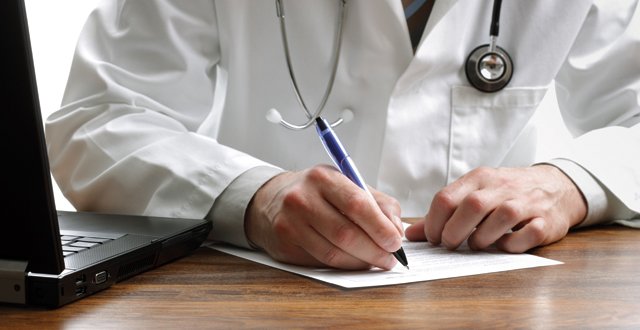<p class=”p1″>According to figures provided by the Bureau to the <strong><em>Medical Inde- </em></strong><span class=”s1″><strong><em>pendent </em></strong>(<strong><em>MI</em></strong>) as of Friday, 23 Feb</span>ruary, the MBRS has issued 308 ‘Green Certificates’ for concentra<span class=”s1″>tions of cannabis and cocaine under </span>the new legislation. In addition, in <span class=”s1″>93 of those cases, ‘Blue Certificates’ </span>with confirmed presence of other <span class=”s1″>drugs were also issued.</span>
Last April saw the introduction of <span class=”s1″>new drug testing regulations for driving. The regulations enable gardaí to </span>test motorists whom they suspect of <span class=”s1″>driving under the influence of a range of legal and illegal substances known to impair driving. The new drug test</span>ing devices involve testing a sample <span class=”s1″>of a driver’s oral fluid for the presence</span> opiates (eg, heroin, morphine) and <span class=”s1″>benzodiazepines.</span>
<p class=”p1″>The Director of the Bureau Prof Denis Cusack told <strong><em>MI </em></strong>that the new <span class=”s1″>drug-driving regulations were initially “slow to take off because the gardaí </span>obviously had to have time to train enough gardaí on the roadside drug testing” but they represent “a big <span class=”s1″>change [and] it is having an impact”.</span>
<p class=”p1″>Drink-driving remains a key is<span class=”s1″>sue for the Bureau, however.</span>
<p class=”p1″>“There was a perception that <span class=”s1″>drink-driving was a thing of the past, but our figures from the last few years </span>shows that it is still a very big prob<span class=”s1″>lem. In fact, the biggest drugs-driving problem is alcohol, because alcohol is </span>a drug, a social drug that is licensed <span class=”s1″>and permitted,” Prof Cusack stated.</span>
<p class=”p1″>The responsibility for chemical testing of intoxicants in driving in <span class=”s1″>Ireland rests with the MBRS, which </span>was established in 1968 under the <span class=”s1″>Road Traffic Act, 1968.</span>
<p class=”p1″>Last year, there were 159 fatali<span class=”s1″>ties on Irish roads, according to data from the Road Safety Authority. </span>
<p class=”p1″><span class=”s1″><strong><em>See interview on pages 16-18</em></strong></span>













Leave a Reply
You must be logged in to post a comment.